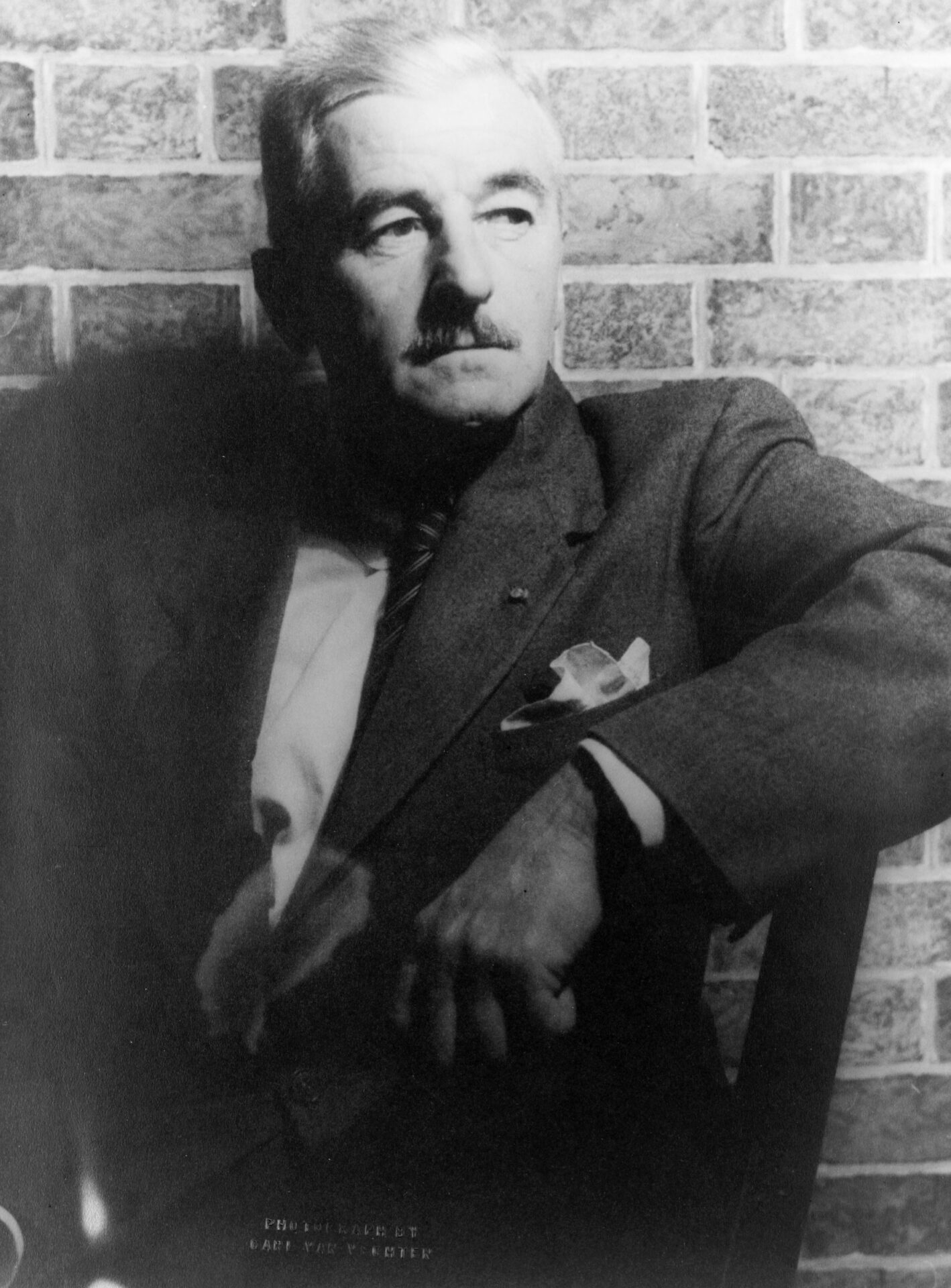
Introduction to William Faulkner and his Nobel Prize acceptance speech
William Faulkner is widely considered one of the greatest American writers of the 20th century, known for his complex and experimental style of storytelling that explored the deep complexities of the human experience. In 1949, he was awarded the Nobel Prize in Literature, and his acceptance speech is widely regarded as one of the greatest in history.
William Faulkner’s delivery of the speech and his historical significance as an American writer
Faulkner’s acceptance speech was delivered on December 10, 1950, in Stockholm, Sweden. He was the first American writer to receive the prize since Sinclair Lewis in 1930. In his speech, Faulkner spoke about the responsibilities of the writer in society and the importance of literature in a world that was still recovering from the horrors of World War II.
The responsibilities of the writer in society according to William Faulkner
Faulkner began his speech by acknowledging the profound honor of receiving the Nobel Prize and expressing his gratitude to the Swedish Academy. He then went on to address the role of the writer in society, saying that the duty of the writer is to “help man endure by lifting his heart.” Faulkner believed that writers had a responsibility to use their craft to explore the deepest truths about humanity, to challenge their readers, and to help them understand the complexity of the world around them.

The importance of literature in times of crisis as discussed in William Faulkner’s speech
Faulkner also spoke about the importance of literature in times of crisis, saying that “the young man or woman writing today has forgotten the problems of the human heart in conflict with itself.” He argued that literature had the power to help people understand and cope with the difficulties of life and that it was the duty of writers to use their talents to help heal the wounds of a world that had been torn apart by war.
William Faulkner’s belief in the power of literature to help people endure and prevail in the face of the human condition
One of the most famous and moving parts of Faulkner’s speech is when he speaks about the human condition, saying that “the poet’s voice need not merely be the record of man, it can be one of the props, the pillars to help him endure and prevail.” Faulkner believed that literature had the power to give people hope, to help them find meaning in the midst of chaos, and to give them the strength to keep going even in the darkest of times.
Conclusion: The enduring legacy of William Faulkner’s speech and its impact on writers and readers today.
Faulkner’s Nobel Prize acceptance speech is widely regarded as one of the greatest in history, not just because of the beauty of his language or the depth of his insight, but because of the profound humanism that underlies it. Faulkner believed that writers had a responsibility to use their talents to help others, explore the deepest truths about the human condition, and give people hope even in the darkest of times. His words continue to inspire and challenge writers and readers today, more than 70 years after they were first spoken.

Dive Deeper
Book Recommendation
William Faulkner’s Nobel Prize Acceptance Speech is a famous speech delivered by the author on December 10, 1950, when he was awarded the Nobel Prize in Literature.
One book that you might be interested in is “Essays, Speeches & Public Letters” by William Faulkner, which includes the text of his Nobel Prize acceptance speech. In addition to the speech, the book features a collection of Faulkner’s essays, speeches, and letters, offering a comprehensive look at the writer’s thoughts on literature, culture, and society.
Another book to consider is “William Faulkner’s Acceptance Speech for the Nobel Prize in Literature” by Günter H. Lenz, which provides an in-depth analysis of the speech and its significance in Faulkner’s literary career.
Both of these books should be available through most major booksellers and online retailers.
Documentary/ Video
I’m sorry, but I could not find a documentary or video specifically on William Faulkner’s Nobel Prize Acceptance Speech. However, there are a few videos available that provide an overview of the speech and its significance. Here is one such video:
Title: William Faulkner Nobel Prize Speech Link: https://youtu.be/ENIj5oNtapw
This is a short video featuring excerpts from Faulkner’s speech, along with commentary on its themes and literary significance. While it does not provide a detailed analysis of the speech, it can serve as a good introduction to its key ideas.
If you are interested in literature, check out my book summaries section – Book Recommendations
